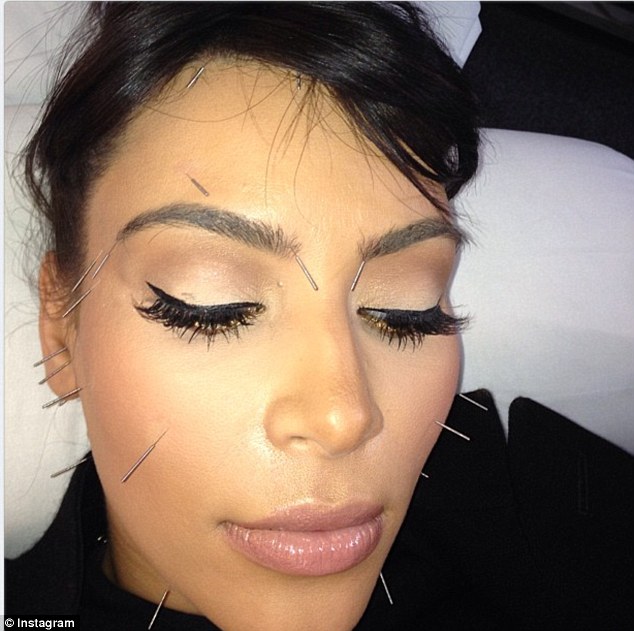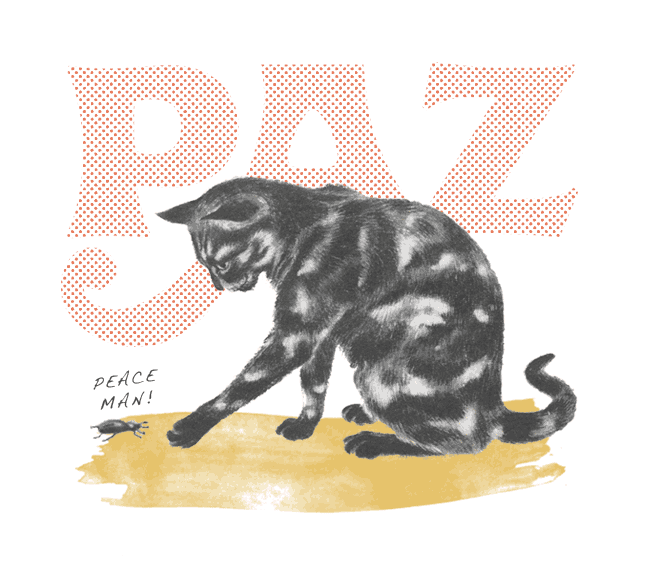Post by Dr. Cindy Carter
What are vaccines and why are they important?
Vaccines are non-infectious forms of communicable diseases that are injected into the body to produce an immune response. Protective antibodies are created by the body so that if a pet then comes in contact with the pathogen, or disease-causing form of the organism, there will be some innate immunity present to protect them from contracting disease or decrease the severity of the disease if they do contract it.
My pet is not a pincushion!! Why so many shots?!
Trust me, as doctors we don’t enjoy sticking your pets over and over again, but luckily many of the vaccinations we give only have to be repeated every 3 years, and for dogs the Bordetella vaccine is administered orally.
Puppies and kittens receive their first vaccines around 8 weeks of age, and require multiple vaccinations given at 3-4 week intervals to stimulate their immune system. Vaccines given too early won’t have any effect on the individual pet’s immune system because maternal antibodies from the mother’s milk are still on board. Due to differences in innate immunity and level of protection received from the mother’s immune system, there is not a set schedule of how many vaccine boosters each pet needs. At Paz Vet we work with each pet individually to determine the best care for his/her specific case.
What are the vaccines my pet may need?
Rabies – This vaccine is required by law for both dogs and cats. In Travis County it must be given between 12 and 16 weeks of age, then at 1 year of age, and repeated thereafter every 3 years. At PAZ Veterinary we carry the Merial Purevax Rabies vaccine for cats. It has been specifically formulated to be a safer injection for our feline friends, and comes in a 1 year or 3 year formulation.
Distemper/Parvo – Both of these diseases are highly contagious and cause severe systemic disease if contracted. Puppies and immune-compromised pets are the most susceptible. After 1 year of age the vaccine is boostered every 3 years for adequate immune protection.
Bordetella – The “kennel cough” vaccine. This oral vaccine is given every 12 months to provide protection against a highly contagious upper respiratory disease complex. Kennel cough is actually comprised of many different pathogens, but Bordetella is the bacterial component we can vaccinate against. For pups that spend a lot of time in boarding/daycare and grooming facilities this vaccine is a must, and I also recommend it for any dogs that spend a lot of time with nose-to-nose contact with other dogs at the park.
Leptospirosis – This bacterial disease is transmitted through the urine of wildlife such as possums, deer, and rats, and can cause kidney or liver disease in dogs. More importantly it is a zoonotic disease, meaning that humans can contract it as well. Any dogs that spend time in water, the Greenbelt, or around areas where they may come in contact with the urine of wildlife should be vaccinated.
Rattlesnake – This vaccine is given to dogs at high risk for contact with Rattlesnakes. The vaccine is given every 6 or 12 months, depending on your dogs his level. It does not prevent a snakebite from being an emergency if it does occur, but it can decrease the symptoms and buy you some time while you transport your pup to an emergency clinic.
FRCP – The “feline distemper” or “feline upper respiratory” vaccine protects against rhinotracheitis, calicivirus, and panleukopenia – all of which are severe communicable diseases in cats.
FeLV – Feline Leukemia Virus vaccine. This vaccine protects cats from leukemia, which is an immunosuppressive disease spread through casual contact with infected felines. Not all indoor cats need this vaccine, but any of our furry friends that spend time outside or around other cats should be vaccinated.
Adverse Effects
Although we take every precaution to provide the safest vaccines on the market and individually tailor injections to each patient, occasionally a pet will have a reaction to vaccination. The more mild forms of reaction include swelling or pain at the injection site, itching, and lethargy. Rarely pets may experience more severe symptoms such as vomiting, diarrhea, respiratory difficulty, or even seizures. Although these adverse effects may seem scary, the risks of contracting disease far outweigh the unlikely event that any individual pet will have a severe reaction. Even so, it is important to monitor your pet for 24 hours following vaccination, and especially for the first 30 minutes to 2 hours after receiving the injection. Most reactions will occur right away and can be treated by either the vet who vaccinated or an emergency center if problems occur after hours.
Ultimately vaccinations are just a small portion of the overall picture of preventative care that we at Paz Vet strive to offer to you and your pet. Annual examinations serve as a podium for vaccinations, but even more importantly allow you a time and space to ask questions about your pet’s health and give the doctors the opportunity to examine your babies and bring any developing health concerns to light. Please know that we are always open to engaging in conversation with you about what medical treatments are best for your pets, and work hard to individualize health care to every one of our patients.







